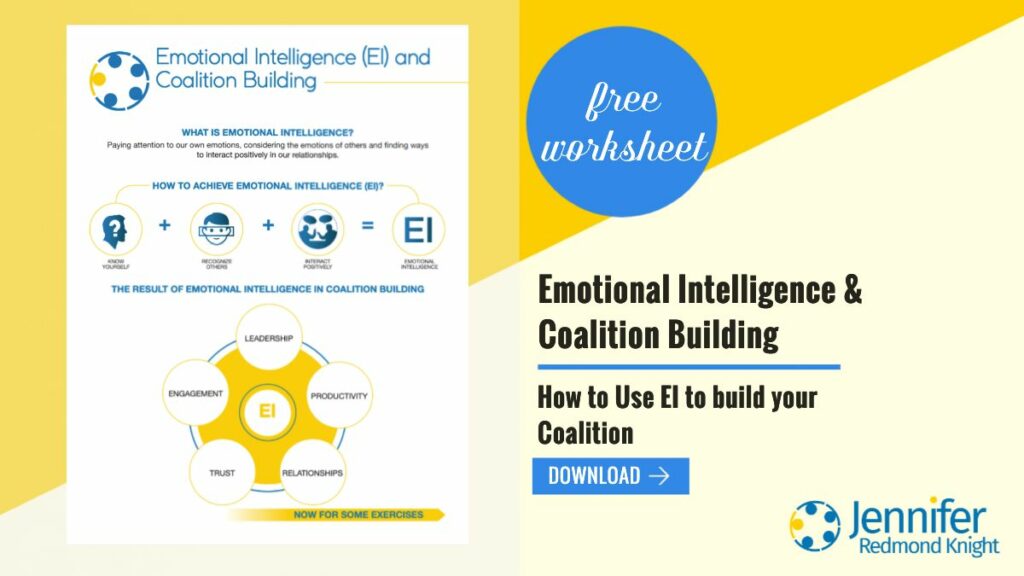As much as we practice our Emotional Intelligence skills and work diligently to build and maintain strong relationships, there are going to be times when we get it wrong. We may be impatient, annoyed, unkind, disinterested, self-centered, lack compassion or lack self-control. In a recent meeting, I noticed that some of my colleagues seemed overwhelmed and overloaded. Rather than showing compassion for them and their situation, I kept asking questions about how we could accomplish the deliverables in a timely way. While the deliverables are important, if I had taken time to listen and give space, we probably would have come to a solution and strengthened our relationship rather than pushed them to give answers and add more stress to their situation. Join me this week as I highlight three things we can practice on making it right when we get it wrong.
Recognize.
The first step in making it right is recognizing when we get it wrong. In some situations, we know it immediately, and other times we reflect on a situation, conversation or a meeting and realize later that something went wrong. As we practice self awareness and social awareness, we will be able to recognize these situations more quickly and be able to describe what went wrong. Even though we may be diligent at reflection practices, there are also situations where we need someone to let us know when we were wrong. We may be surprised to learn that something did not go as well as we thought or we inadvertently offended someone. If your recognition comes from someone else, practice being open and gracious. While this is definitely not easy, this is one of the best ways to practice self management.
Apologize.
Once you have recognized the wrong, make the effort to apologize to the person(s) who you have wronged. Be specific about what you think went wrong and sincere about your apology and desire to do something different in the future. Also, be willing to listen to their perspective. While you may have done something that negatively impacts the relationship, the other person may perceive the “wrong” as something different than you perceive it to be. Be willing to consider the other person’s perspective and recognize the wrong in a new way. When you apologize, be humble and focus on the situation and the wrong more than yourself or the other person. We do not need to go down a path of shame and blame for ourselves or the other person. We also do not need to include a long list of justifications. Be honest, sincere, humble and willing to admit you were wrong. For some situations, you can start with an email or a text message. In other situations, the best thing to do is make a phone call or meet with a person. As you reflect upon the situation and the need to apologize, consider what is best for the situation and what is needed to restore the relationship.
Restart.
Try again! While it can be easy to focus on what went wrong and get stuck in a cycle of shame, one of the best things we can do for our coalition relationships is to restart. Practice self compassion and showing kindness to ourselves (check out Kristin Neff’s resources for more!), reflect on what we would like to do differently in the future and practice doing that in the next conversation or meeting. If you struggle with perfectionism or people-pleasing, please remember that just because you got it wrong, this does not define you or your future. When we bravely choose to restart, we are creating a new opportunity to build and strengthen our relationships and to redefine our future.
What about you? Is it time for you to recognize, apologize or restart in one of your coalition groups or relationships?
If you haven’t yet downloaded my Emotional Intelligence and Coalition Building Worksheet, check it out here. This will help you reflect and continue to practice building your Emotional Intelligence skills.

Photo by Vitolda Klein on Unsplash

